
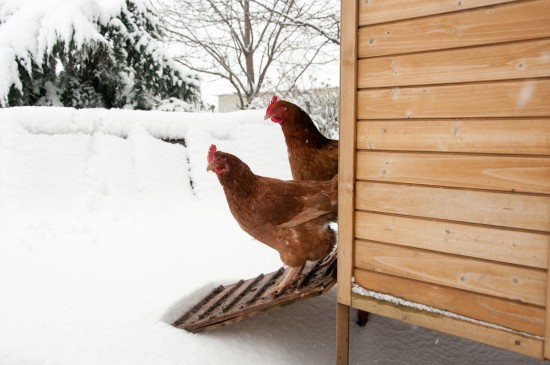
With the colder weather fast approaching, it's time to start getting things ready for the winter months and if you keep chickens, it's the time of the year when a few of your flock may be going through in their autumn moult. This can be a difficult and challenging time for chickens. The last thing you want is for any birds to have weakened immune systems when winter arrives so it's important to supplement their feed with vital minerals and vitamins.
It's also the time of year when you need to take stock all the medicines, supplements and other things you might need to see your birds through the colder weather. It's also important to know how to deal with some winter health issues should they occur, one of which is frostbite and the other is a frozen comb.
This condition usually affects larger breed cockerels that boast big combs one example of which is the Leghorn. Should they suffer frostbite or frozen combs, the tips turn black and will in time, eventually drop off. Hens don't tend to be affected as much due to the fact they tuck their heads under their wings when it is extremely cold and they also boast much smaller combs which means the extremities don't get quite so cold.
These two condition are different in that a frozen comb is literally that a comb that becomes frozen whereas frostbite occurs when moisture in the air condenses and any moisture on a cockerel's comb then freezes – but the end result is the same because both condition cause damage to a bird's comb.
You can apply a little vaseline to your cockerel's combs when extra cold weather is forecast and when the temperatures are expected to be lower than usual. You also need to make sure cockerels have full crops before they get on their perches for the night because this will help them keep their body temperatures at a good level. It also a good idea to make sure your cockerel has a few hens to snuggle up to as this will help keep him that much warmer when the weather is extra chilly.
As previously mentioned, frostbite happens when there's too much humidity in the air inside a chicken coop or other type of housing. If the temperature outside drops below zero and you keep your chickens somewhere that's well insulated or has poor ventilation, your birds would be at greater risk of suffering from frostbite.
If a cockerel gets moisture on his comb when he is inside the coop and then goes outside where it is very cold, his comb will freeze and the result is he suffers from frostbite and the tips of his comb will turn black and will eventually drop off. It is really important for a coop or other type of chicken housing to have lots of ventilation so the humidity levels inside never get too high.
When it comes to treating either of the conditions, it really is a question of prevention is so much easier than cure. Applying a little vaseline to a cockerels comb when the temperatures are really cold at night will help prevent them from suffering damaged combs either through frostbite or frozen comb. However, it a bird does suffer from either, you need to make sure no infection then sets in by applying a little poultry friendly antibiotic ointment which your vet would be able to recommend.
Keeping chickens in a garden has become very popular with more people than ever choosing to do so. However, it's important to get things ready for those colder winter months which are fast approaching and to make sure your flock of birds boast strong immune systems. This will help them through the cold weather and fight off any nasty infections or illnesses they may pick up due to the fact they stay indoors more than they do during the warmer summer months. Both frostbite and frozen comb are two conditions that typically affect larger breed cockerels so it's important to prevent either from damaging your bird's combs by making sure humidity levels in their indoor environment are never too high and that coops are well ventilated.
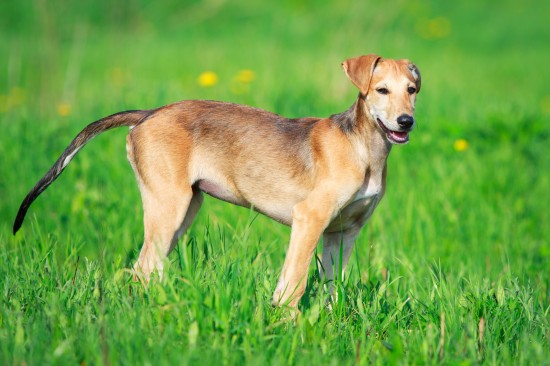 Some Unusual Sighthound Breeds You May Not Know Of
Some Unusual Sigh
Some Unusual Sighthound Breeds You May Not Know Of
Some Unusual Sigh
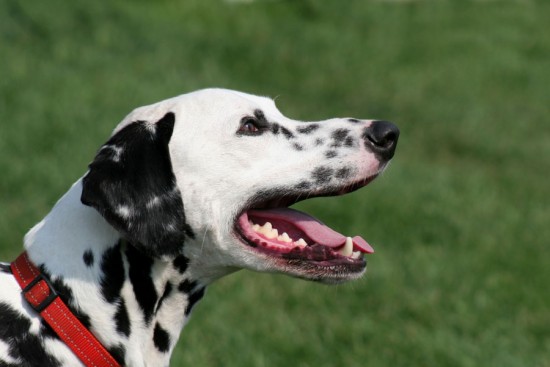 Deaf Dog, Hearing World - Living With Your Deaf Dog
Deaf Dog, Hearing
Deaf Dog, Hearing World - Living With Your Deaf Dog
Deaf Dog, Hearing
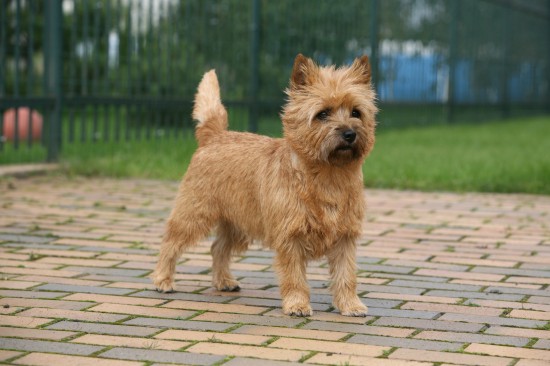 Cairn Terrier Hereditary Health And Wellness
Cairn Terrier Her
Cairn Terrier Hereditary Health And Wellness
Cairn Terrier Her
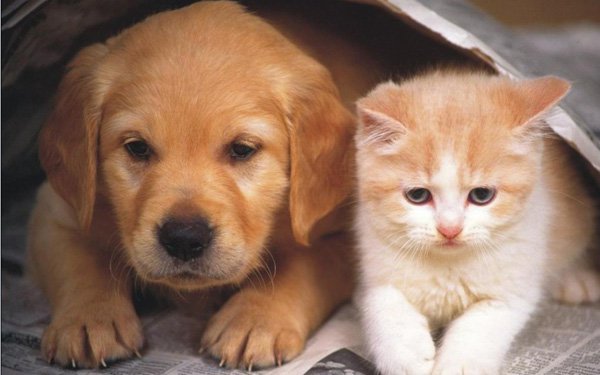 Pet Grooming Tips And Services
Pet Grooming Tips And Services
Pet grooming is
Pet Grooming Tips And Services
Pet Grooming Tips And Services
Pet grooming is
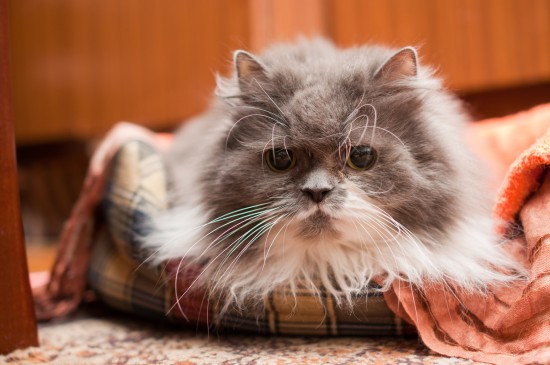 Care Considerations For Elderly And Mature Cats
Care Consideratio
Care Considerations For Elderly And Mature Cats
Care Consideratio
Copyright © 2005-2016 Pet Information All Rights Reserved
Contact us: www162date@outlook.com